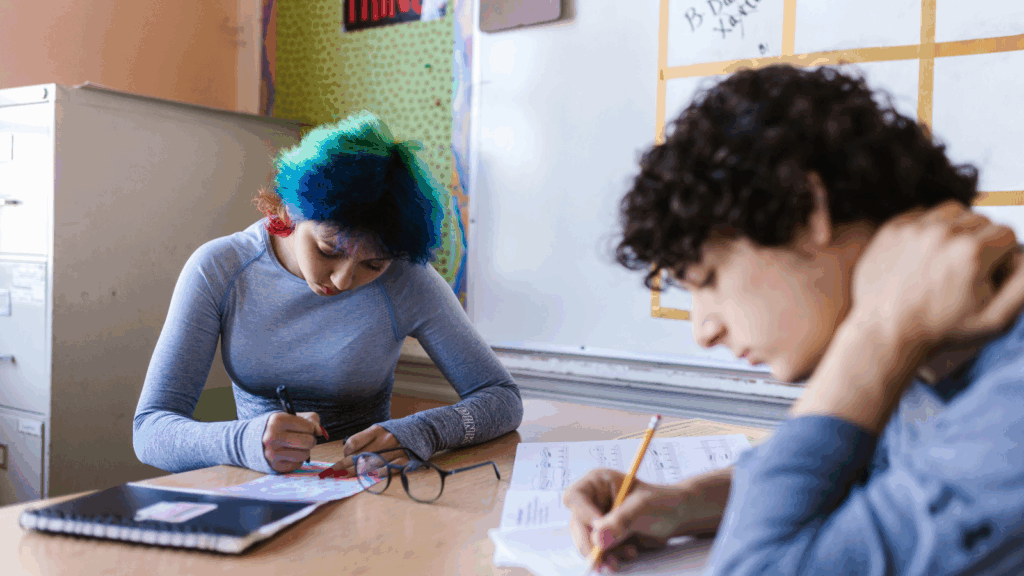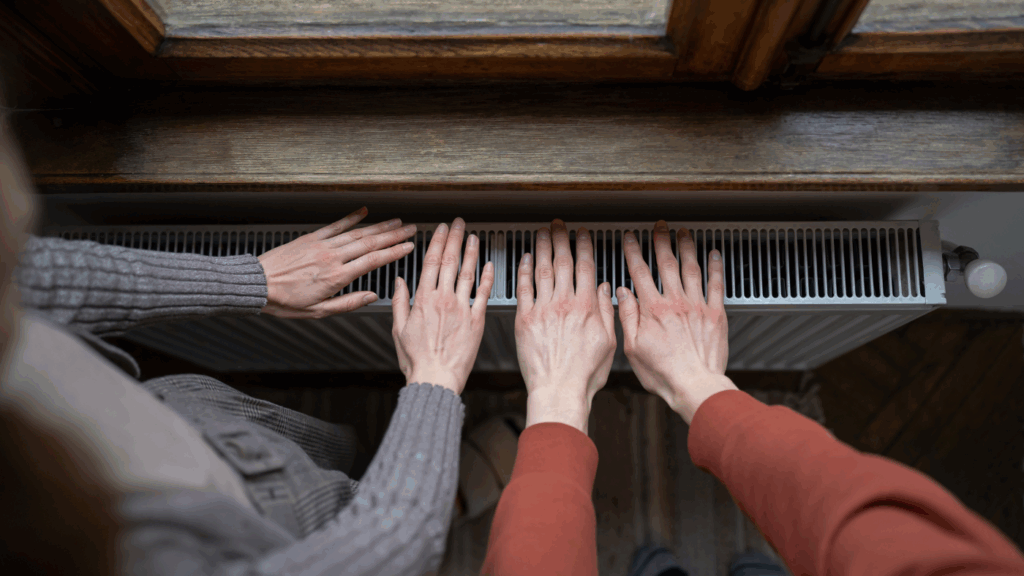Upholding Rights, Ensuring Inclusion
On this World Refugee Day, we must remember that protecting those forced to flee war, violence, or persecution is not just a moral obligation, but a legal responsibility under International and European Law. [1] Seeking asylum is a right.
In 2024, more than 910.000 first-time asylum applications were lodged across the European Union.[2] Among them, nearly 29% were women and girls, many carrying their children. Each person behind these figures has a story intertwined with conflict, loss and hope.
Systemic challenges persist
Refugee and migrant women face multiple and intersecting barriers to rebuild their lives. They encounter greater difficulty in accessing quality employment, training, language courses, and integration services. These challenges are reinforced by unfavourable labour market conditions, gender roles, care responsibilities and their immigration status— particularly when arriving under family reunification procedures. The lack of affordable and accessible childcare, insufficient work-life balance measures, and limited recognition of foreign qualifications further limits their opportunities to thrive.
Refugee women, in particular, face additional difficulties related to forced displacement, including poor physical and mental health, trauma, and a lack of official documentation related to their education and work experience.[3] As a result, many are pushed into jobs far below their qualifications, or forced into informal economy, where they face precarious conditions, low wages, no social protection, and income insecurity. These intersecting barriers undermine their autonomy and well-being but also prevent long-term social and economic inclusion.
the Faces behind the cases
To challenge stigmatisation and centre the experiences of women on the move, Eurodiaconia’s upcoming campaign “the Faces behind the cases.” This initiative will share the lived realities of refugee and migrant women across four European countries, highlighting the structural barriers they face.
These stories reflect that labour market access is not only a tool for economic participation, but also a pathway to social inclusion, well-being and autonomy. However, integration measures cannot solely focus on employment activation. True social inclusion requires comprehensive support (and safe spaces where migrant women’s voices are not only heard but also meaningfully integrated in policymaking. For the women behind these stories, inclusion was not just about finding work, it was about dignity, belonging, and the agency to shape their future.
Eurodiaconia members work to ensure newcomers feel welcomed and included as soon as they arrive, not only to access services, but to find space to heal, connect, and build meaningful relationships within their new communities.
Final remarks
At a time when refugees and migrants are increasingly stigmatised, Europe must demonstrate leadership by upholding the right to asylum, protecting fundamental rights and ensuring the conditions for people to rebuild their lives in dignity.
Eurodiaconia call on EU institutions and Member States to:
- Ensure gender-responsive and trauma-informed integration services, with early access to language, legal, and psychosocial support
- Remove barriers to decent work and residency and create pathways for recognising foreign qualifications and informal skills
- Invest in enabling conditions like affordable childcare, housing, healthcare, and work-life balance and family-friendly measures
- Full enforcement of labour rights’ protections and prevent exploitative practices, ensuring decent and fair labour conditions, safe complaint mechanisms and access to justice
- Involve migrant and refugee-led organisations in shaping and monitoring policies that affect them.
For further insights:
- World Refugee Day 2024
- Migrant care workers in Europe: Towards fair working conditions and inclusion of migrants in the EU care workforce
- Labour market integration of third country national women: Overview of Eurodiaconia membership work and best practice examples
- Solidarity and long-term solutions for displaces refugees from Ukraine
[1] As established under the 1951 Geneva Convention and its 1967 Protocol, and affirmed in Articles 18-19 of the EU Charter of Fundamental Rights.
[2] https://ec.europa.eu/eurostat/statistics-explained/index.php?title=Asylum_applications_-_annual_statistics
[3] https://eige.europa.eu/publications-resources/publications/gender-and-migration



